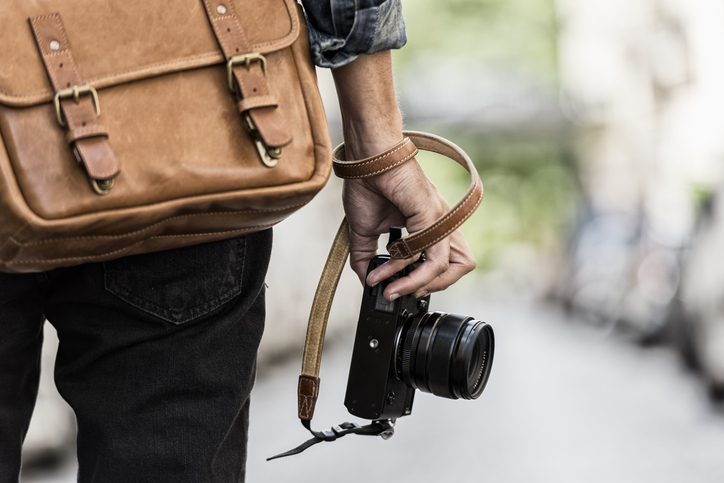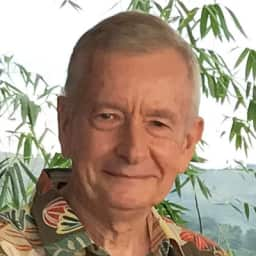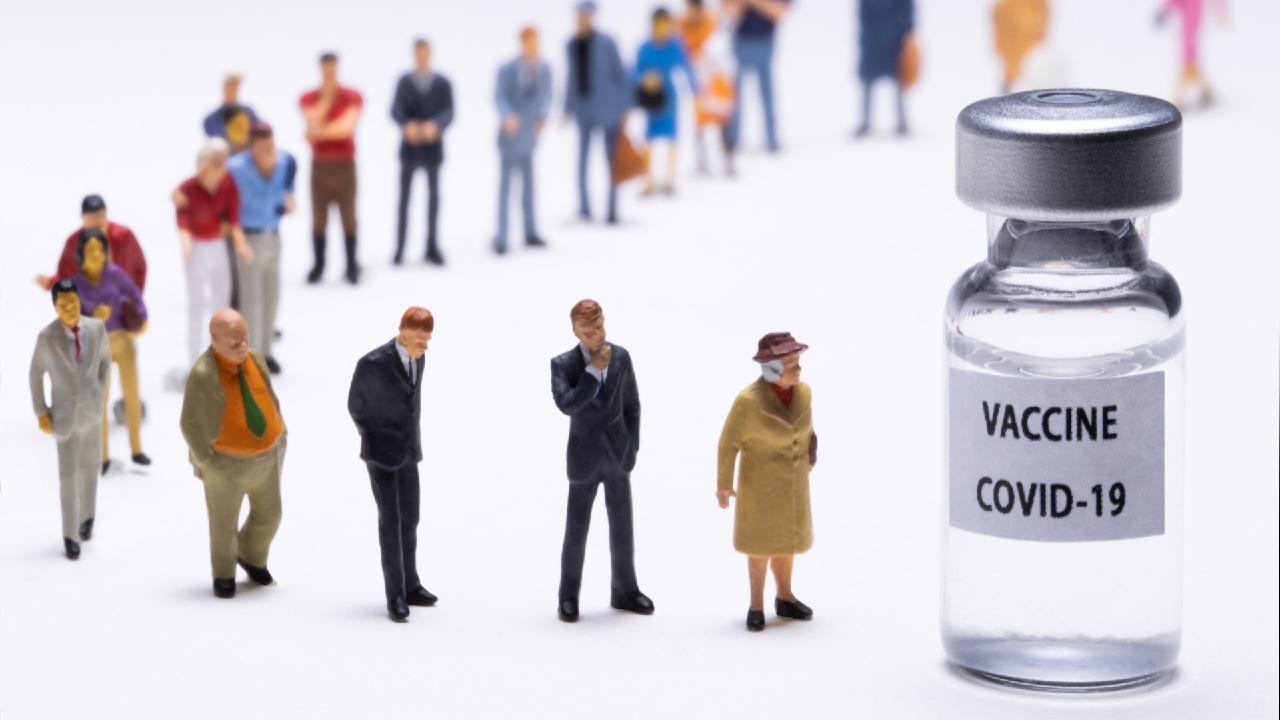
My heart specialist has a wicked sense of humor. Every six months when I visit her for my checkup, I walk through the door of her consulting room and she says: “Wow, you are still here. I thought you’d be dead by now.”
I’m 73 and I have severe atherosclerosis, caused by a combination of high cholesterol, stress and 25 years of cigarette smoking (commenced in the years when there were no health warnings about the dangers of smoking).
Atherosclerosis is hardening of the arteries. Its severity is measured by the amount of calcium in the plaque deposited inside the arteries. This is determined by means of a CT scan, and patients are given a calcium score. A score of 0-100 is good. Anything above 400 is bad. My calcium score is 1500—or “off the scale,” as my doctor calls it.
That puts me into the top 5 percent of candidates for a heart attack or stroke, but apart from one angina incident about 12 years ago, I’ve not felt like I have a serious health issue.
Sure, I can’t climb mountains like I used to, and anything more than about 50 steps uphill leaves me out of breath, but aside from that, I still feel healthy.
My doctor keeps telling me that I need to slow down and take things easy, but every time I’ve tried to do that, I get bored. So bored that I feel I’m going to die of boredom, not a heart attack.
So I’ve kept working because, deep down, I’m hoping my doctor has got it wrong about my risk of a heart attack. After all, my dad is still alive and well at 98, and he smoked and had high cholesterol too.
I’m not working for anyone except myself now. The stress that contributed to my atherosclerosis came from 30 years of working in the television industry, trying to manage on-air personalities with egos that often exceeded their talent, audiences that you could never satisfy and boards of directors and shareholders who wanted to squeeze more profits from the stations for which I worked.
So it was with some relief that I “retired” 11 years ago, and left behind the world of endless meetings and office politics, and set out on a new journey on my own. I had started my media career as a travel journalist and that was how I was going to end it.
I traveled, wrote and edited a blog for older travelers and contributed to travel magazines. And I enjoyed every minute of it—that is, until a year ago when the coronavirus pandemic struck.
With borders closed around the world, limited flights, and quarantine lockdowns in many countries, my “new career” as a travel writer had come to an abrupt halt.
Like many others, I was stuck in my home office, nervous about venturing out for groceries, paranoid about getting a haircut, wondering about how long it would take to develop vaccines, and most of all, missing the buzz of boarding a flight with my laptop and camera to visit a new destination.
There’s only so much that a travel writer can do from home. An article about virtual tours, maybe, one about preparing for future trips, perhaps, and others about countries that have brought the pandemic under control and are planning to reopen their borders to socially distancing tourists.
After that, the boredom set in. I tried venturing onto some Facebook travel groups to relieve the boredom. I got involved in a debate about whether blocking middle seats on aircraft would help prevent the spread of the virus from asymptomatic carriers. I commented that any amount of social distancing would surely be a help.
The response was horrifying. A Facebook user from Indiana replied, “Crawl back into your cave old man,” and suggested that the coronavirus was an ideal way to rid the world of old people who were a drain on social security systems.
We had to die to save the economy, he said. Many other forum members “liked” his comment.
Needless to say, my venturing onto the Facebook debating stage was short-lived. For the time being I returned to my cave and tried to cope with boredom as best I could. My heart specialist would have been pleased that I’d slowed down, but this is not the way I envisaged spending these precious years of my life.

David Astley is a former journalist in his early 70s, who has been traveling the globe for most of his life and hopes never to stop. Born in the UK and currently living in Australia, he edits an online magazine for older travelers and occasionally writes for other publications on aging issues, climate change and sustainability. He has a particular interest in how these topics relate to the quality of life in developing countries around the world.



